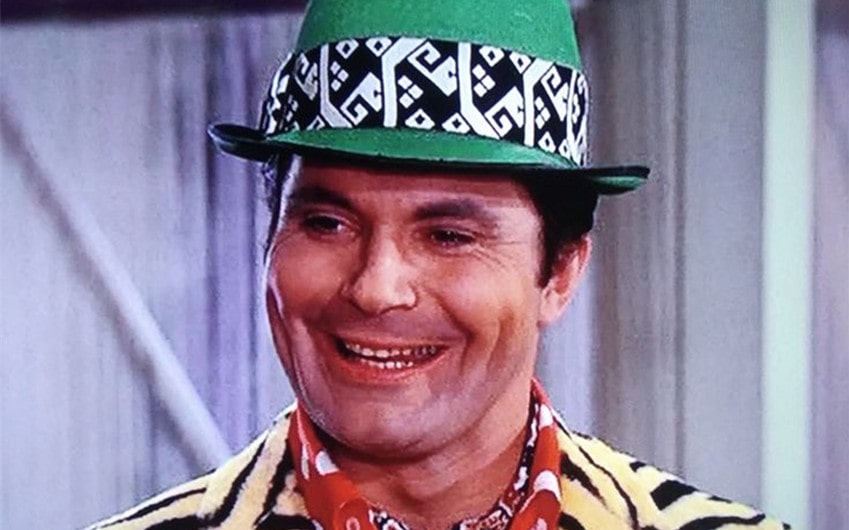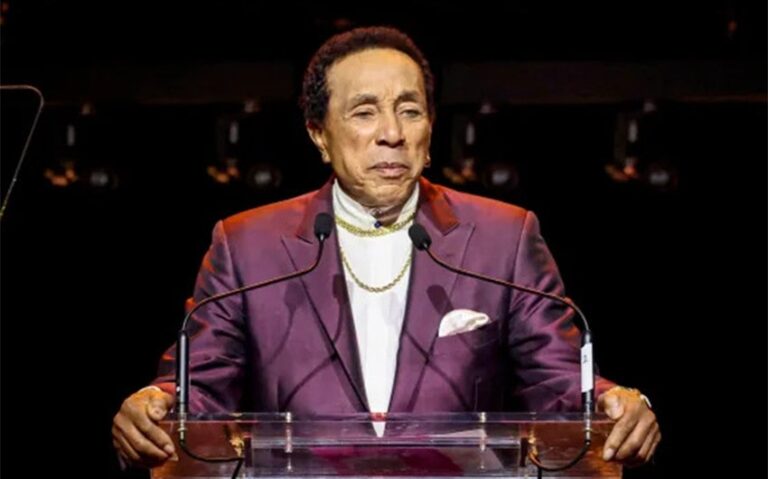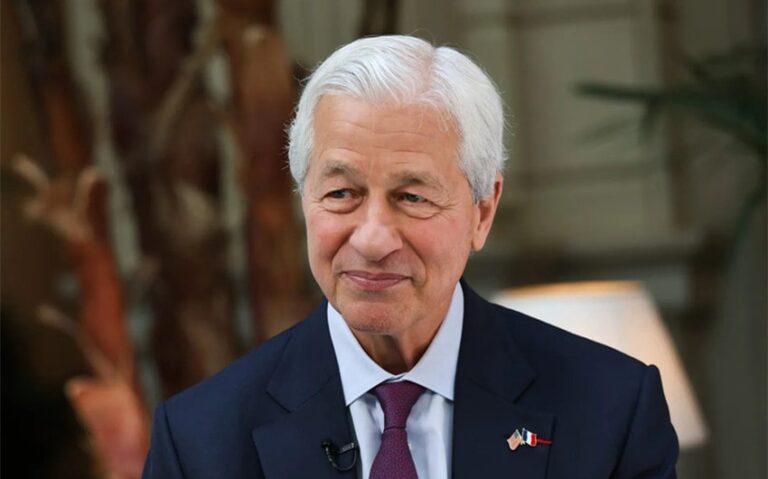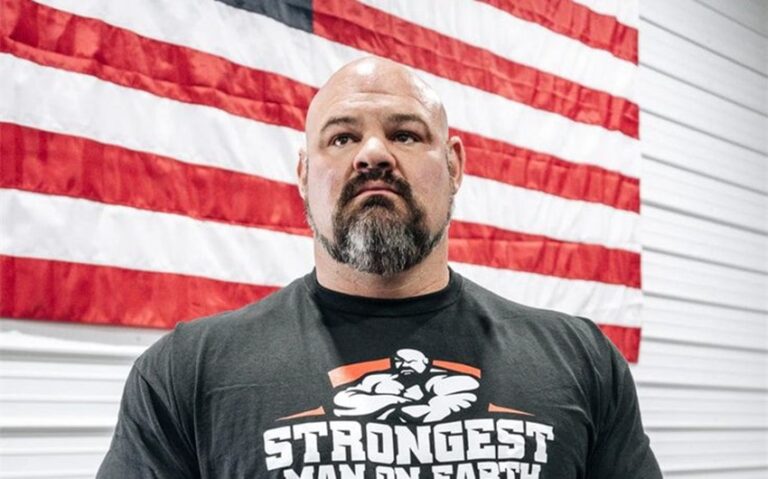Jethro Bodine Net Worth: The Fiction, the Actor, and the Legacy of a Hillbilly Icon
When you ask “What is Jethro Bodine’s net worth?”, you’re really opening the door to two different answers: one fictional, one real. On one hand, Jethro is the lovable, dimwitted nephew from the classic TV sitcom The Beverly Hillbillies. On the other, he’s portrayed by Max Baer Jr., the actor who turned a backwoods caricature into a cultural icon. So what was Jethro’s worth on-screen—and what did the role mean for the man behind it? To understand the full picture, you need to look at both the character and the legacy.
Who Was Jethro Bodine?
First, let’s clarify: Jethro Bodine is a fictional character. He’s the cousin of Elly May Clampett and nephew of Jed Clampett, the family patriarch who struck oil and moved the clan from the Ozarks to Beverly Hills. Played for laughs, Jethro was known for his ridiculous career ambitions—aspiring to be a brain surgeon one day and a double-naught spy the next.
In the world of the show, Jethro lived in a Beverly Hills mansion, drove expensive cars, and enjoyed the luxuries that came with his uncle’s oil fortune. But despite the family’s sudden wealth, Jethro himself never seemed particularly competent—or motivated—when it came to financial responsibility. So what’s his fictional net worth? Technically, nothing of his own. He lived off Jed’s fortune, which, in the show’s lore, was said to be over $100 million (in 1960s dollars—worth over $900 million today).
But of course, Jethro never managed that money. His “net worth” was comedic, not financial. So if you’re looking for real numbers, you’ll have to turn your attention to Max Baer Jr., the actor who brought Jethro to life.
Max Baer Jr.: The Real Man Behind Jethro
Born in 1937, Max Baer Jr. was the son of heavyweight boxing champion Max Baer. Though he came from athletic fame, Baer Jr. pursued acting, and his breakout role came in 1962 when he was cast as Jethro Bodine in The Beverly Hillbillies. The show ran for nine seasons, from 1962 to 1971, and remains one of the most-watched sitcoms in television history.
Baer’s role earned him modest income by today’s standards. In the 1960s, TV actors typically made $1,000 to $2,000 per episode. Over 270 episodes, he likely earned close to $500,000 to $750,000 total from the series. Adjusted for inflation, that’s equivalent to around $5–7 million today. However, like many actors of his era, Baer did not receive residuals from syndication—meaning he didn’t earn money as the show continued to air for decades after its original run.
Post-Jethro Career and Business Ventures
After the show ended, Baer struggled to escape the shadow of Jethro. Typecasting was severe, and major roles were hard to come by. But instead of fading away, he reinvented himself—first as a filmmaker, then as an entrepreneur.
In 1974, Baer wrote, produced, and directed Macon County Line, a low-budget indie film that became a massive box office hit. Made for just $225,000, the film earned more than $30 million, making it one of the most profitable movies of its time. Baer followed it with other modest successes, proving he could thrive outside the character that made him famous.
Later, he pursued an ambitious project: building a chain of Beverly Hillbillies-themed casinos and hotels. Though the concept was approved and trademarked, the plans were plagued by legal disputes, zoning issues, and funding obstacles. Despite investing years and resources, the vision was never fully realized. Still, Baer reportedly held on to the intellectual property rights for merchandising and theme-based concepts, giving him continued leverage over the brand.
Real Estate, Licensing, and Estimated Wealth
Max Baer Jr. also invested in real estate throughout Nevada and California. While not a flamboyant spender, he built a comfortable life and used his earnings from the entertainment industry to secure long-term financial stability.
Between real estate holdings, business earnings, and residual merchandising rights, Baer Jr.’s net worth has been estimated between $5 million and $10 million as of 2025. Though less than some modern TV stars, it’s a testament to strategic pivoting and long-term thinking—especially considering the limited post-show roles he received.
The Dual Legacy: Comedy and Capital
Jethro Bodine may have been clueless on-screen, but Max Baer Jr. proved to be anything but. He turned a narrow role into a lifetime of financial opportunity, even while carrying the burden of a character that both defined and confined him.
In some ways, his wealth is poetic: the fictional Jethro stumbled through get-rich schemes with childlike wonder. The real Max Baer Jr., meanwhile, quietly built a career beyond acting—through writing, directing, investing, and licensing. That’s the kind of net worth that goes beyond numbers. It’s earned through reinvention.
So, What Is Jethro Bodine’s Net Worth?
Fictionally? Jethro was a dependent with big dreams and zero dollars of his own. But in reality, the actor behind him—Max Baer Jr.—has a net worth estimated at $5 million to $10 million. And even more valuable is the role he played in shaping television history, comic archetypes, and the ever-evolving relationship between fame and fortune.
Jethro may never have been rich. But thanks to that unforgettable performance, Max Baer Jr. earned his place in both pop culture and the business of legacy.
Featured image source: Pinterest







